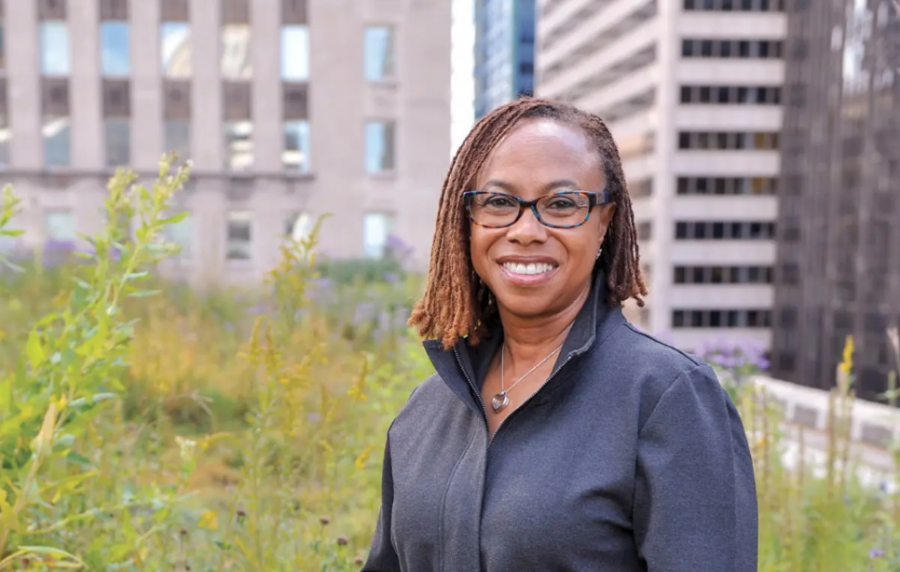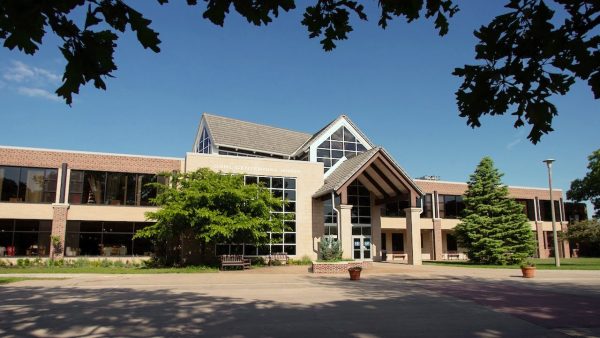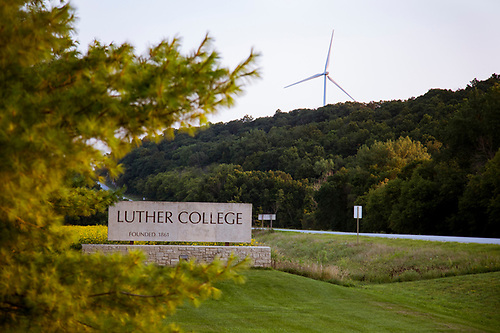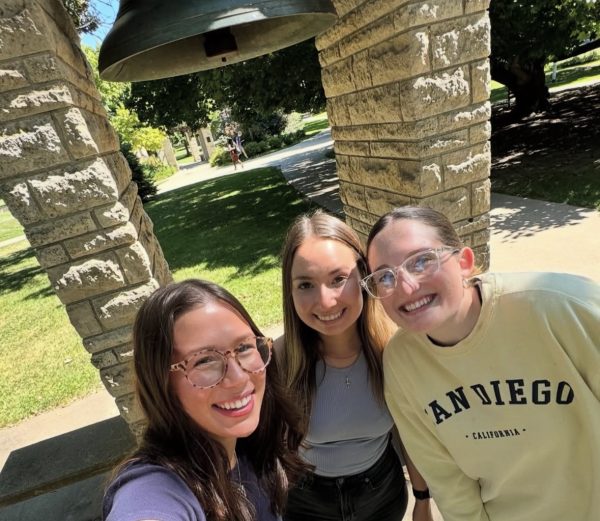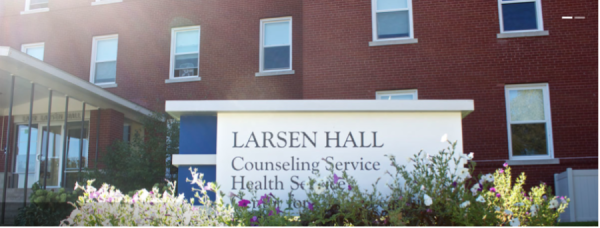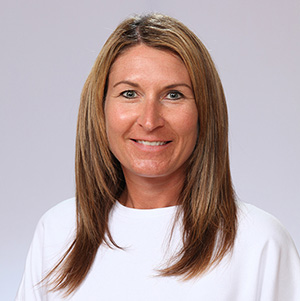Sandra Henry leads “Environmental Justice and Clean Energy” panel
Photo courtesy of Luther College
Senior director of energy and sustainability for Elevate, Sandra Henry, poses for a headshot.
Luther College hosted Sandra Henry, senior director of energy at Elevate Energy, on Tuesday, April 20, for a panel discussion titled “Environmental Justice and Clean Energy.” During the panel, Henry spoke about the importance of considering environmental justice when transitioning from fossil fuels to clean energy. She was joined by Joel Zook, who works with Winneshiek Energy District. The panel was moderated by Professor of Religion Jim Martin-Schramm. A brief Q&A discussion followed the panel.
Henry works at Elevate Energy, a nonprofit organization based in Chicago. Elevate works to provide clean and affordable energy while championing justice and equity as central tenets to their mission. Through making clean energy more accessible, one of Elevate’s main goals is to help marginalized communities plan for the future.
Although Elevate serves a wide variety of homes and businesses in its quest for equity and justice, priority is given to communities that are exceptionally energy burdened. For a family to be considered energy burdened, 6% or more of their income must go towards paying their energy bills. During the panel, Henry pointed out that working within energy-burdened or low-income communities often requires Elevate to address more than just energy efficiency.
“For the low-income folks living in affordable housing units, the need often goes beyond efficiency,” Henry said. “Sometimes we have to help them get a new roof before we can replace their boiler. Elevate does a great job of trying to braid together different funding streams to address a building or a home holistically.”
Considerations of energy efficiency are especially relevant to Decorah, where energy prices are nearly double what Chicagoans pay. Because of this, organizations such as Elevate Energy could potentially provide a helpful framework for transitioning to cleaner and affordable energy sources. During the panel, Henry emphasized the importance of community health and grassroots activism to ensure a just and equitable transition.
“Conversations are key. Relationships are key,” Henry said. “Approach others with a desire to learn more. Ask questions. Practice active listening. Be present, and when the time is right, ask ‘How can I help?”
Faye Duster (‘22), who attended the event, appreciated Henry’s emphasis on active listening. As an environmental studies major and resident of Luther’s sustainability house, she echoed Henry’s call to active listening as a way to effectively advocate for sustainability. For Duster, active listening requires taking action after listening to someone’s story.
“Active listening applies to energy systems and environmental justice, in that if you’re just listening to people’s stories and promoting people’s stories, that’s all you’re doing,” Duster said. “It’s the change in the infrastructure, it’s the change in the policy. That’s where you want to get.”
In his closing remarks at the panel, Martin-Schramm expressed hope for the future. Organizations such as Elevate can provide the framework for building a sustainable future that is just and equitable for all. However, he noted that such a future will require work from everyone, not just a few hopeful individuals.
“It’s hard not to feel hopeful after hearing [Henry] speak,” Martin-Schramm said. “May each of us do all that we can to combat environmental injustice, and to promote a just and inclusive clean energy transition.”
A recording of the event is available online through Luther’s calendar of events.

